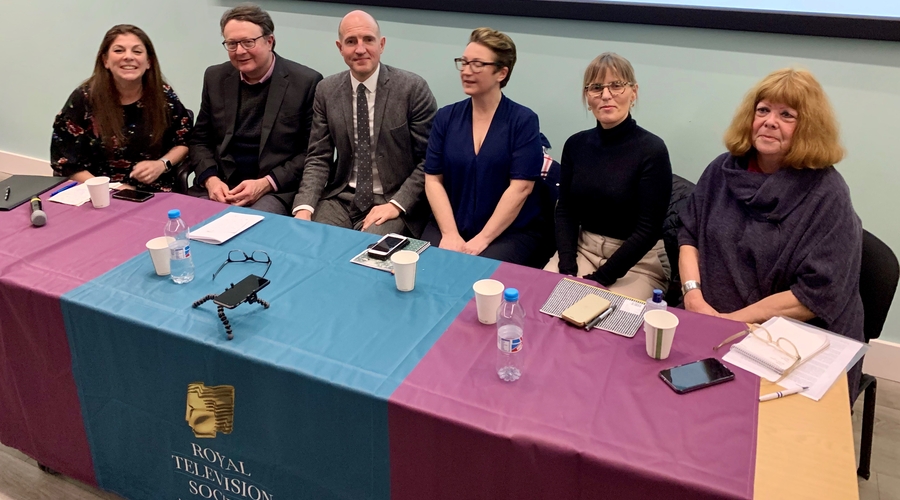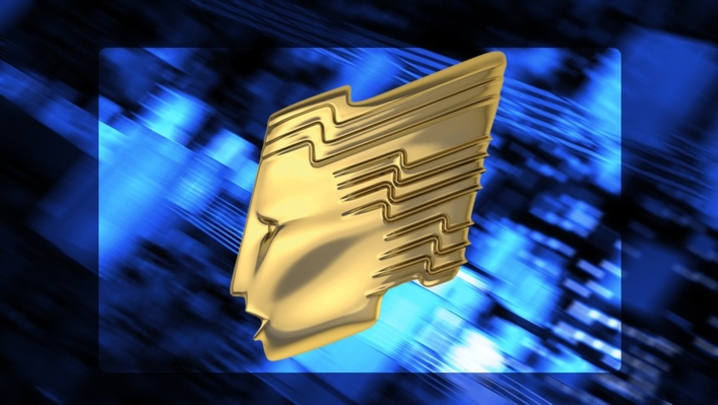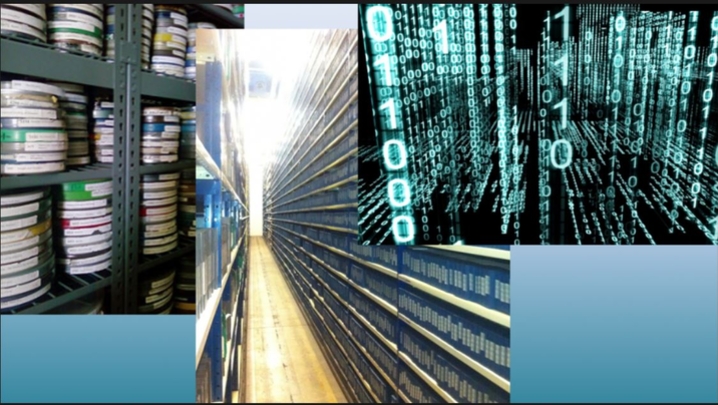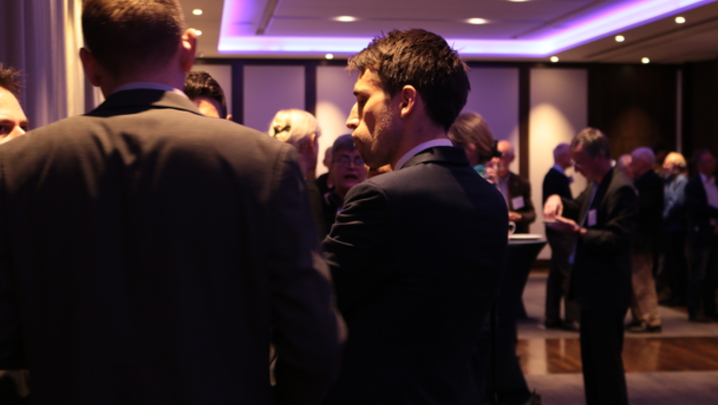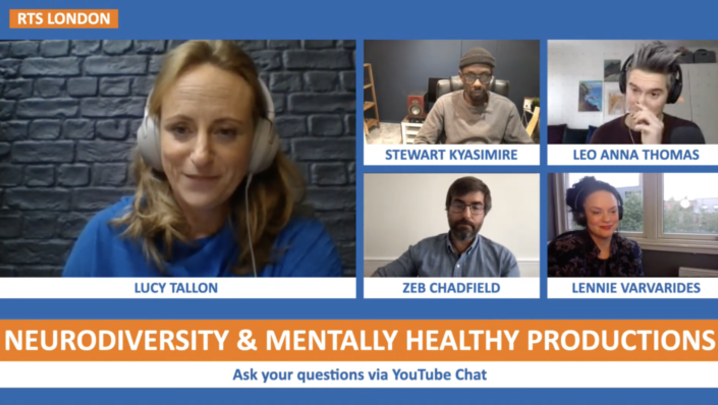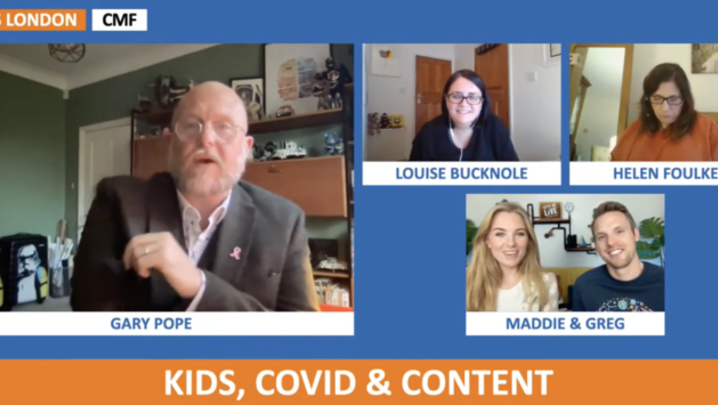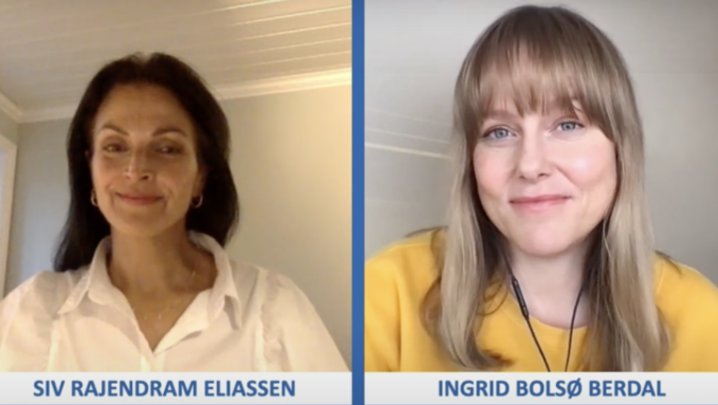“There’s never been a greater demand for [archive] content – and, there’s never been a greater number of places to display content, thanks to the web.”
Will Pitt, head of sport at video management specialists Imagen, was talking at an upbeat joint RTS Archive Group/RTS London event, “Protecting our TV heritage”, in early March.
He was backed by BFI head of conservation Charles Fairall, who noted that the digitisation of TV archive material has made it “instantly accessible”.
The BFI has decided to maintain its huge film archive in its original physical form. “It is the most practical and economic way of saving the heritage and art that lies within them. Digitisation of film could never have been achieved in an economic and timely way,” he added.
But the preservation of video tape, the typical format of old TV shows, is more problematic. “Keeping the tapes is not the solution,” said Fairall, for reasons that include the obsolescence of play-back machines. “We digitise and the BFI has a duty to preserve television… and we have been doing that in quite a volume.
“This flourishing digital world that we now live in is giving us a safe place for the preservation of fragile [programmes]; it’s giving us the ability to work in much greater volume than we ever have; and it’s giving us the ability to, not only let the programmes be seen by a wider audience through digital platforms, but also to interpret them in ways that go beyond just watching and listening to the content.”
Technology is making the digitisation of content “easier, quicker and cheaper”, added Imagen’s Pitt, whose company’s software is used by clients, including BBC Studios, ITV and BFI, to manage their digital assets.
Artificial intelligence (AI) is a growing influence, helping to digitise programmes and to enable specific clips to be found within them. “That is important because the process of digitising your archive is pointless unless you can then efficiently find content and, furthermore, do stuff with it. Otherwise, what’s the point? It’s just another mound of stuff,” said Pitt.
“[AI] speech-to-text engines take the audio that is present on the digital asset and turns [it] into text… If you have the right technology, you are then able to search for the words that have been transcribed.”
Archived TV content is part of the country’s cultural heritage and social history. For BBC Scotland archive manager Jennifer Wilson, “access” is key. “We’ve got amazing films that date back to the 1950s, socially and culturally important films that haven’t been seen since they were originally transmitted. We’re getting them out there now and our programme-makers are loving it,” she said.
But, archive can also be exploited commercially. “It all comes down to rights,” explained Kay Page, co-MD of Northbound Consultants and a former controller of the ITV Archive. “There is a business to make money from selling archive content, if you have the right to do so and the infrastructure to do it.
But, Page added, “a lot of people have a lot of content that they can’t do anything with [without the rights].”
Organisations can get rights from broadcasters, but it isn’t straightforward. And clearing “orphan work” – copyright-protected work where rights holders are hard to identify or contact – is harder still.
“With orphan work, it’s probably more trouble than it’s worth,” said Dr Clare Watson, director of the Media Archive for Central England. “The due diligence that you have to conduct is so time-consuming that you can’t afford to do it.”
The RTS London event closed with a message from Malcolm Baird – son of television pioneer John Logie Baird – who was unable to attend due to his age and residence in Canada.
He was concerned that “television history is ‘going by the board’” and “in danger of losing its collective memory as it approaches its centennial” in 2025.
The panel and audience offered a more positive view, and both the RTS Archive Group and RTS London have plans to increase awareness of TV’s history, using television’s centenary as a trigger for further action.
‘Protecting our TV heritage’ was held at the University of Westminster on 4 March. The RTS Archive Group’s Sue Malden chaired the event, which was produced by Dale Grayson, RTS Archive Group and Carol Owens, RTS London.

